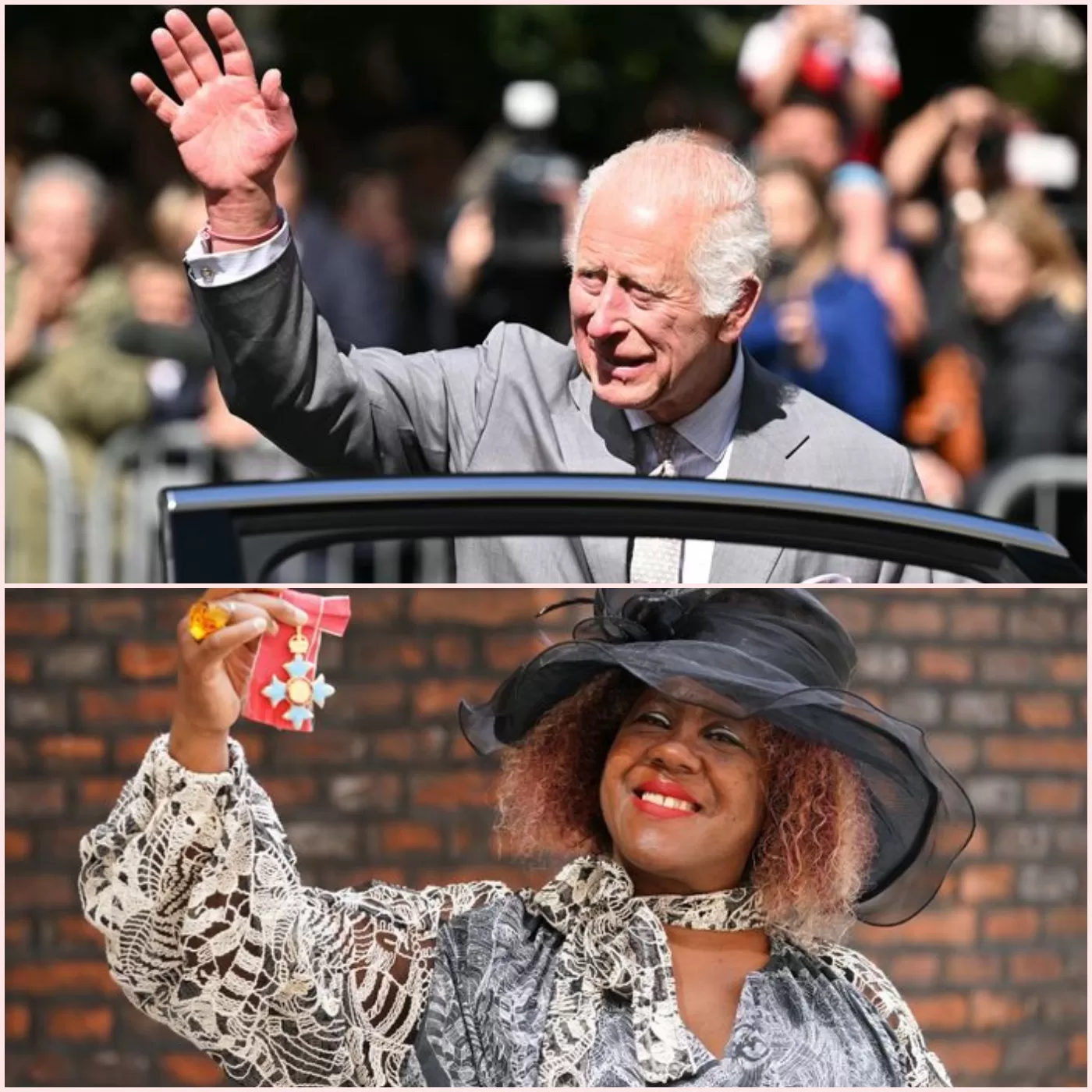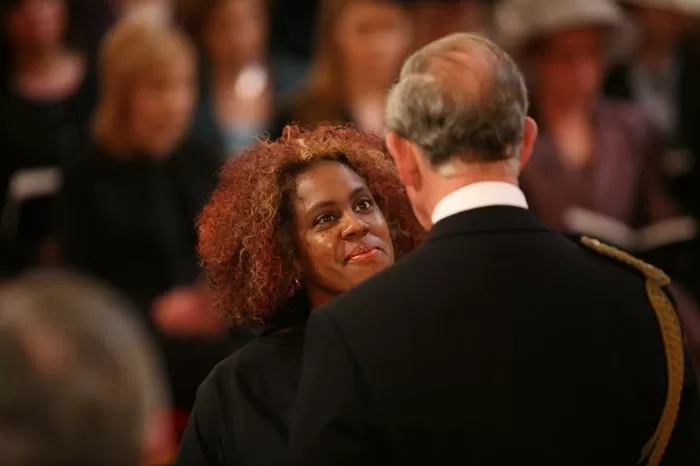King Charles has made a groundbreaking appointment by selecting Belize-born composer Errollyn Wallen as the First Master of the King’s Music. Wallen, who is the first Black person to hold this prestigious position, sparked controversy in 2020 with her reimagining of the classic hymn “Jerusalem,” igniting a social media backlash due to her new lyrics.

At 66 years old, Wallen has achieved a historic milestone by being appointed to this royal role, which traditionally requires the composer to create music for significant royal events and ceremonies. Her appointment is set for a fixed 10-year term, allowing her ample opportunity to influence the royal music scene.

Wallen’s revised version of “Jerusalem,” which she wrote during the Covid pandemic for a scaled-down Last Night of the Proms, was dedicated to the Windrush Generation. The revised lyrics aimed to reflect the diverse backgrounds of the Commonwealth, adding the line: “We Commonwealth people, we sing with you.” This inclusion intended to honor the Commonwealth’s rich cultural heritage but instead led to a significant backlash on social media.

Wallen expressed surprise over the negative reaction, stating, “I was really shocked by the backlash and spent the next day deleting hundreds and hundreds of very abusive messages.” Despite this, she remains committed to her vision of inclusivity and representation in music. “It’s little understood that in the colonies, de facto, we live with the music of England. There was nothing controversial, I didn’t think, about what I was doing but certainly it seemed to cause a bit of fury,” she explained.

Beyond the controversy, Wallen is enthusiastic about her new role and looks forward to collaborating with King Charles, whom she describes as a “deeply musical person.” She has expressed her excitement to bring new ideas and possibly even encourage the King to compose his own music, reflecting their shared love for music.
Her appointment marks a significant shift in the traditional views of the Master of the King’s Music role, which historically has been dominated by white male composers. Wallen herself has been vocal about challenging these norms, saying she hopes to “dispel the myth that a composer is only white and male.”
As Wallen steps into this role, it will be interesting to see how her fresh perspective and diverse background influence the musical direction of the royal family’s ceremonies and events. With her appointment, King Charles signals a new era of inclusivity and innovation in the royal music tradition.





